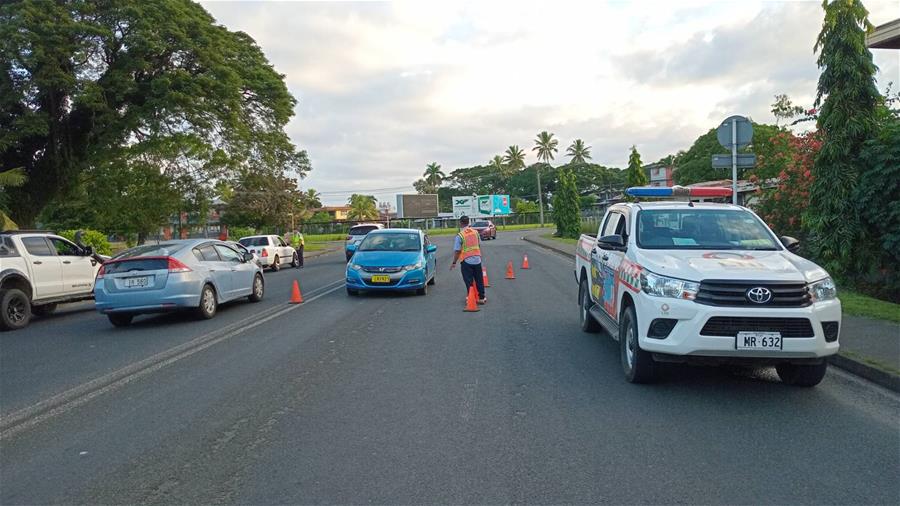SUVA, Fiji (19th June 2025): The Land Transport Authority (LTA) is issuing a stern warning to all motorists: careless and irresponsible driving will not be tolerated, as it continues to cause preventable loss of life on our roads.
This comes in the wake of another devastating road fatality yesterday afternoon where a man in his 40s lost his life after allegedly being hit by a truck driven by a man in his 60s along Waisali Hill in Savusavu.
According to preliminary reports from the Fiji Police Force, the victim was cutting grass on the side of the road when the suspect allegedly lost control of the truck carting logs, causing it to veer off the road and hit the victim.
The suspect and a second victim remain admitted at the Savusavu Hospital, as investigations continue. LTA Chief Executive Officer Irimaia Rokosawa expressed condolences to the victim’s family, describing the incident as yet another tragic reminder that the road is no place for complacency.
“We are once again mourning a life that should not have been lost. Heavy vehicle operators in particular must exercise extreme caution, especially on hilly and curved terrain,” Mr Rokosawa said.
“Drivers of large commercial vehicles must ensure their brakes, tyres, and overall mechanical condition are safe before taking to the roads. We have seen too many cases where speeding and loss of steering control — combined with human error — lead to fatal consequences.”
Mr Rokosawa said safety should always be priority, particularly when loading or transporting heavy cargo.
“Vehicle maintenance, proper loading, and full driver alertness are not optional—they are the foundation of safety. Every vehicle owner and operator must uphold this responsibility,” the CEO said.
“Transport companies must prioritise maintaining their vehicles in proper condition, as well as the wellbeing of their drivers and the communities they serve—because meeting delivery deadlines is not enough; we must also ensure everyone – drivers, pedestrians and passengers - gets home safely.
“Every driver must be prepared to slow down, especially in areas where people are working near the roadside.”
He said the Authority would continue its joint enforcement operations with Police through roadside inspections to identify high-risk vehicles and irresponsible driving behaviours, especially speeding which remains the main cause of fatalities on our roads this year.
“We are conducting regular showcause proceedings for habitual and dangerous driving behaviours and will not hesitate to suspend licences, deregister vehicles, or take legal action where lives are put at risk,” Mr Rokosawa said.
“No one is above the law. Whether you’re a private driver or operating a commercial fleet, the rules exist to protect lives—and we will not allow carelessness to endanger others on our roads.”
To ensure safety on our roads, members of the public are urged to assist the LTA by reporting dangerous driving or poor driving behaviours via our LTA complaints platforms – Text to 582, email help@lta.com.fj / complaints@lta.com.fj or calling the Call Centre on 3392166. Complaints can also be filed via the LTA live chat service on our website at https://www.lta.com.f
